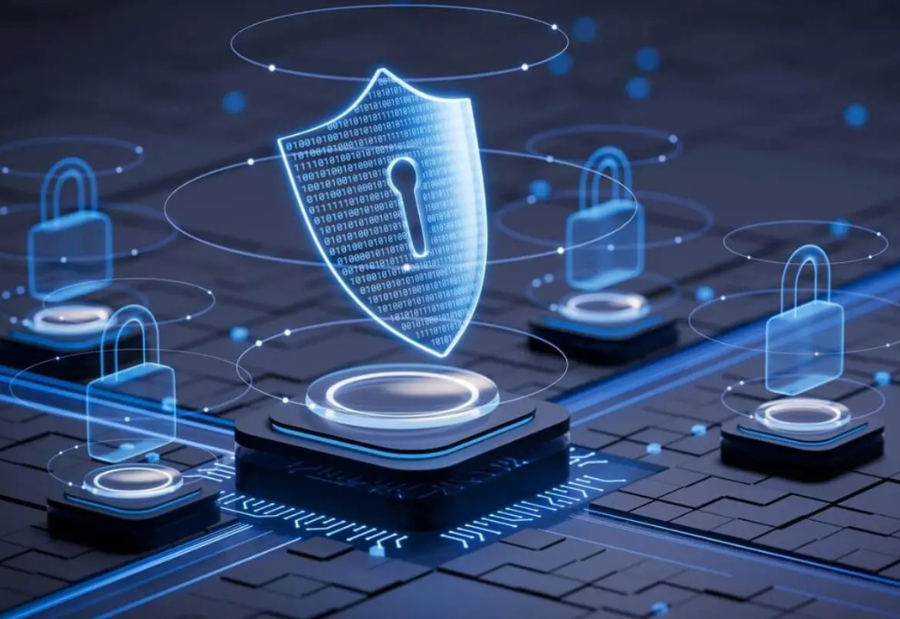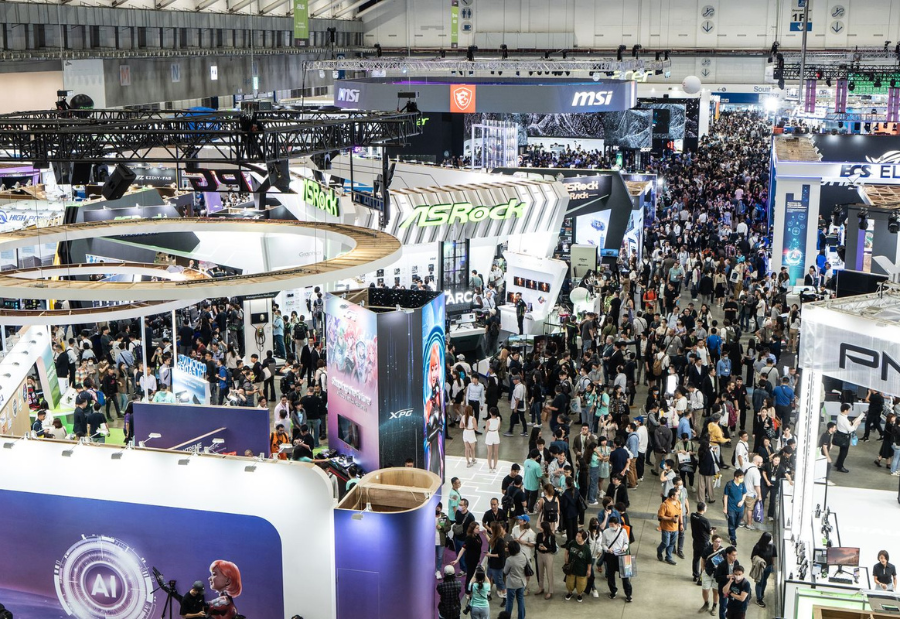The danger landscape of today is more complex than it has ever been. In this sense, Cisco’s 2025 Cybersecurity Readiness Index serves as a wake-up call for all security professionals. Only 7% of Indian organizations have reached a mature level of cybersecurity preparation, up from 4% the previous year, according to the annual poll. Overall readiness is still poor despite this little gain, as organizations continue to confront growing difficulties brought on by hyper-connectedness and cutting-edge technology like artificial intelligence.
It is widely believed that Indian businesses are becoming more conscious of cybersecurity threats. However, the dangers of cyberattacks have grown to include much more than just data loss; organizations also suffer operational interruption, harm to their brand’s reputation, and a decline in consumer trust. According to a Cisco survey, although cybersecurity is a major issue for Indian businesses, only few of them are actually equipped to fend off contemporary threats. This indicates that while awareness of the danger is increasing, there is still a substantial gap in real readiness.
Even while over 81% of Indian respondents think a cybersecurity attack would damage their organization in the next 12 to 24 months, this lack of preparation is actually rather significant. According to a Cisco survey, over half of organizations (57%) experienced cyberattacks in the last year, which were made more difficult by intricate security frameworks with diverse point solutions.
Furthermore, 95% of firms reported AI-related security problems in the previous year, demonstrating how difficult it is for them to handle the complexity that AI has brought about. While 63% of respondents think their teams completely understand how hostile actors are utilizing AI to carry out complex assaults, just 66% of respondents are certain that their staff properly comprehend AI-related concerns. Additionally, there is still a shortage of qualified specialists. The fact that many of these positions are still open just makes the issue worse.
Concerns exist about shadow AI as well. This refers to the unauthorized or unsanctioned usage of AI tools and technology inside a company without the formal consent or supervision of the security or IT departments. This includes staff members who, frequently without being aware of the security or compliance ramifications, use generative AI tools, huge language models, or machine learning models for a variety of activities. According to the Cisco analysis, there are serious cybersecurity and data privacy issues because 45% of Indian organizations are not confident in their ability to identify uncontrolled AI implementations.
“AI is one of the fastest growing technologies in history and I believe it will truly be a net positive for society and the economy,” said Cisco chief product officer Jeetu Patel. “But as inspiring and exciting as AI is, it also presents us with the hardest challenge in the history of cybersecurity. As AI transforms the enterprise, we are dealing with an entirely new class of risks at unprecedented scale —putting even more pressure on our infrastructure and those who defend it,” he emphasised.
How do we keep ourselves secure in the AI world? “At Cisco, we have launched a range of innovations designed to help enterprises equip their incredibly overworked and understaffed cybersecurity teams with the AI tools they need to protect their companies in this AI era,”said Patel. “With AI, a security breach isn’t just about someone stealing private data or shutting down a system anymore. Now, it’s about the core intelligence driving your business being compromised,” he added.
The bright side is that Indian businesses are ahead of the curve in using AI for network security; 55% of them incorporate AI into their network resilience plans, compared to 46% worldwide. A better adoption of intelligent defensive mechanisms is also evident in the fact that they are surpassing the global average in integrating AI for cybersecurity, with 55% of them considerably utilizing AI in their capacities as opposed to 46% overall. With 96% of organizations utilizing AI technology like GenAI to comprehend risks, India leads the world in AI-driven threat intelligence, outpacing the worldwide average of 89%.
However, the Cybersecurity Readiness Index for this year shows that the gap between corporate readiness and the speed of threats is growing. Samir Kumar Mishra, director, Security Business, Cisco India & Saarc, told media: “To close this gap, organisations must adopt unified, AI-driven security platforms that automate threat detection and response.” Addressing the talent shortage and mitigating risks from unmanaged devices and shadow AI will be equally critical to building resilience and safeguarding trust in an increasingly digital world, he added.
Also read: Viksit Workforce for a Viksit Bharat
Do Follow: The Mainstream formerly known as CIO News LinkedIn Account | The Mainstream formerly known as CIO News Facebook | The Mainstream formerly known as CIO News Youtube | The Mainstream formerly known as CIO News Twitter |The Mainstream formerly known as CIO News Whatsapp Channel | The Mainstream formerly known as CIO News Instagram
About us:
The Mainstream formerly known as CIO News is a premier platform dedicated to delivering latest news, updates, and insights from the tech industry. With its strong foundation of intellectual property and thought leadership, the platform is well-positioned to stay ahead of the curve and lead conversations about how technology shapes our world. From its early days as CIO News to its rebranding as The Mainstream on November 28, 2024, it has been expanding its global reach, targeting key markets in the Middle East & Africa, ASEAN, the USA, and the UK. The Mainstream is a vision to put technology at the center of every conversation, inspiring professionals and organizations to embrace the future of tech.




